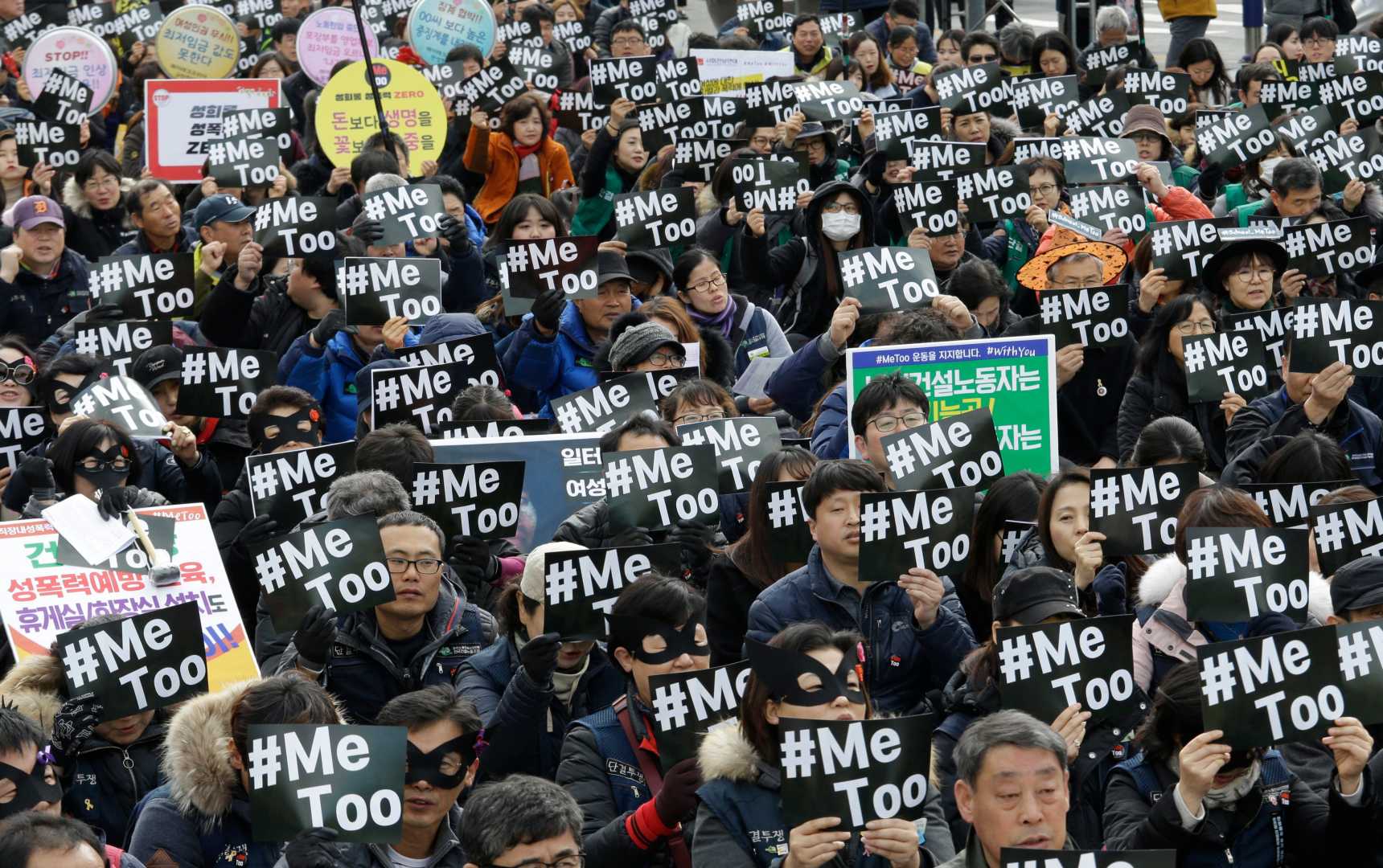News
South Korea’s 4B Movement Gains Traction in the US After Trump’s Re-election

The 4B movement, originating in South Korea around 2015-2016, has gained significant attention in the United States following the re-election of Donald Trump. This radical feminist movement is characterized by its four core principles: *bihon* (no heterosexual marriage), *bichulsan* (no childbirth), *biyeonae* (no dating), and *bisekseu* (no heterosexual sexual relationships).
In South Korea, the 4B movement emerged as a response to deep-seated gender inequality and violence against women. The country faces severe economic and social disparities, including the world’s worst gender wage gap, with women earning 31.2% less than men on average. Additionally, the murder of a woman near Gangnam Station in Seoul in 2016, where the perpetrator confessed to killing her out of resentment toward women, highlighted issues of femicide and digital sex crimes, further fueling the movement.
The movement has resonated with American women, particularly after Trump’s re-election, which many saw as a setback for women’s rights. Trump’s history of misogynist remarks and his support for abortion bans have exacerbated feelings of disillusionment among young women. Social media platforms like TikTok and X have become hubs for discussions and promotions of the 4B movement, with many women drawing parallels between their own struggles and those of Korean women.
In the US, the movement is seen as a form of protest against patriarchal and often misogynist institutions. Women are using the 4B movement to assert their autonomy and reject traditional roles that they feel are oppressive. The movement’s appeal is reflected in the surge of Google searches and the widespread use of the hashtag on social media.
While the 4B movement is not new, its recent resurgence in the US highlights a growing divide in gender politics. Feminist groups fear that Trump’s presidency will lead to severe setbacks for women’s rights, including potential federal abortion bans and the revival of restrictive laws like the 1873 Comstock Act. The movement represents a defiant stand against systemic inequality and challenges conventional ideas of relationships, reproduction, and gender roles.












